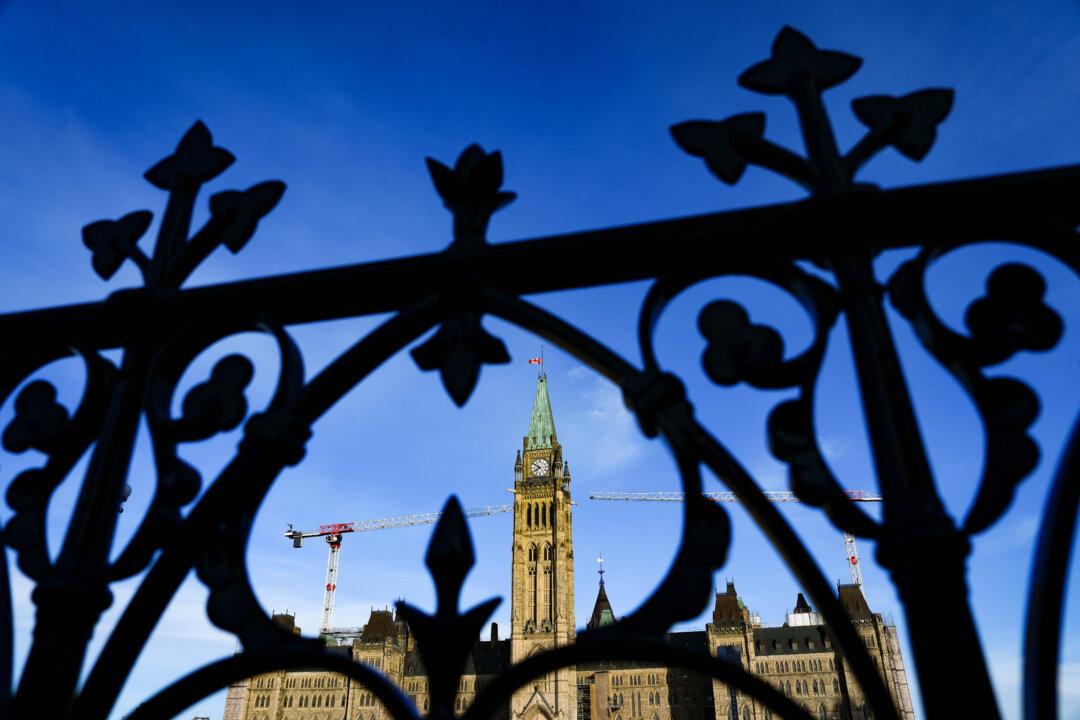Tax exemptions for indigenous people who live on First Nations reserves are unfair and serve no justifiable purpose, according to a new report that calls for scrapping the exemptions.
“This special privilege applying to the approximately one million Registered Indians in Canada has no logical foundation and serves no obvious purpose of public policy,“ says the report, ”The Section 87 Indian Act Taxation Exemption: An Analysis,” by Tom Flanagan for the Aristotle Foundation for Public Policy.





